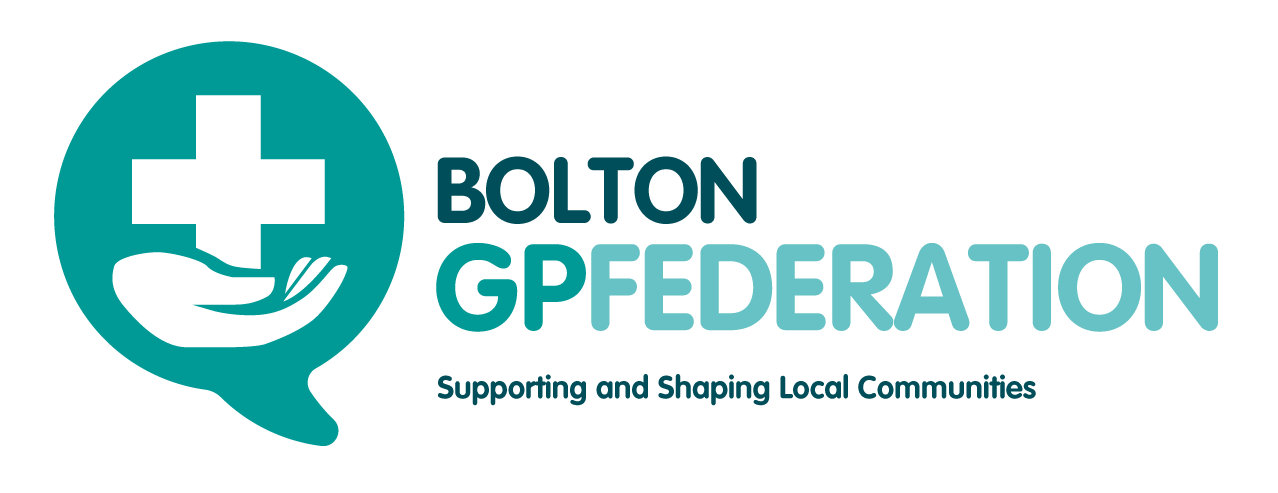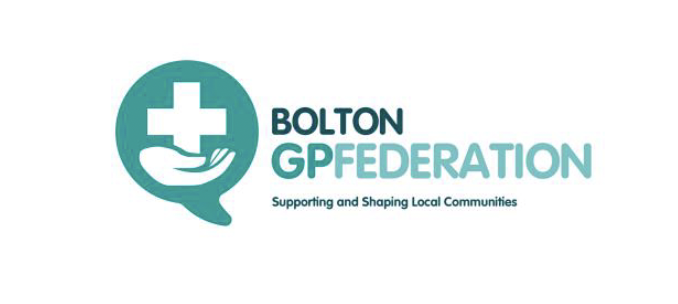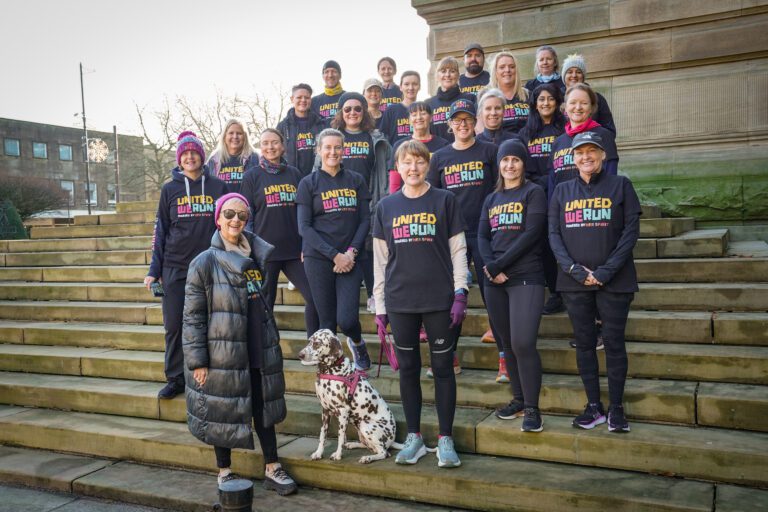
Supporting patients with chronic disease and continuing routine checks during the pandemic
In this first of a two part blog from Dr Bev Matta, Primary Care Network Clinical Director for Westhoughton, we hear how Covid-19 has changed the way practices support people with chronic diseases and those who need their routine checks.
We’re hearing lots in the media at the moment about how coronavirus has put a huge pressure on the NHS to work through the backlog of missed tests and checks that people would normally have had during lockdown – such as smear tests, swabs, injections and blood tests, etc.
Whilst some people may feel nervous about going into their GP practice for the tests they need, it is really important that they do, but it is also important that they call their practice first rather than just turn up.
Important changes for patients
At my practice in Westhoughton, just like every other practice across Bolton, we are using video and telephone consultations as much as possible so we can still have conversations with our patients whilst keeping them as safe as possible. We have also made some important changes for patients who need to come in for face to face appointments, to help keep them and our staff safe.
A big change is the way patients access the surgery. If patients need to come in, they will be given a time to arrive and will be individually called in to the practice via a side entrance, helping to stop overcrowding in the waiting room. Patients will also notice that our staff now wear a little bit more protective equipment (PPE) than they normally would – typically, this might include an apron, gloves and a face mask. We are allowing more time for appointments so our staff can change their PPE and clean rooms in between each person they see. We are trying to limit the amount of time a patient needs to be in the building so this means a clinician may call you back to discuss your treatment plan after your examination is over.
If a patient needs to attend a face to face appointment, it’s important that they:
- Come alone if they can (vulnerable patients can bring someone with them).
- Wear a face covering, this can be a mask or a scarf or something cloth that covers the nose and mouth (some people are exempt – there are some helpful tips on the Gov.uk website).
- Make sure they read the Covid-19 guidance that is sent to them before they arrive for their appointment.
- Expect there to be new procedures upon arrival – for example, at Peter House Surgery, patients are asked to wait outside and are texted or called to let them know when their clinician is ready for them; so please remember your phone!
- Understand they may need to use a different entrance and exit to what they’re used to.
- Be patient with us; we are trying our best to keep everyone safe but sometimes this means additional time is needed.
GP practice staff are also doing what they can to empower patients so they can monitor themselves safely without having to leave their home. If someone has a chronic disease such as hypertension, diabetes, asthma, COPD or kidney disease, it is important that they continue to get their regular checks. To make this easier, the NHS has developed some really useful guidance on how they can do some self-monitoring from home (see the links below). The patient can let their GP or nurse know the results of their home checks, which may mean a trip out to the surgery for a face to face appointment at the surgery is not necessary.
Some things haven’t changed…
It is also important to highlight that some things remain the same – the need for patients to contact their GP if they have any concerns or are due a test is still as critical as ever.
Routine cervical screening was suspended during the height of coronavirus but has now re-started – practices are fully open to carry out these vital appointments. If a patient receives an invitation or is overdue their smear test, please call the GP surgery to make an appointment. Also, if a patient has concerns relating to abnormal symptoms such as irregular bleeding or pain they should contact their GP for a telephone consultation and if needed an examination or further tests will be arranged.
If anyone has any questions about coming in for their screening, they should let any member of practice staff know beforehand and we can help answer any queries. Whilst it can be a challenge with having to wear PPE and with social distancing, if you are anxious at the time of your test please flag this with your clinician as there is still a lot we can do to provide some personal comfort and to help people to feel more relaxed and at ease.
- How do I check my pulse?Opens in NHS website
- How do I check someone else’s pulse?Opens in NHS website
- How do I check my blood pressure?Opens in NHS website
- How do I check my temperature?Opens in NHS website
- How do I count my respiratory rate?Opens in Royal College of Nursing website


